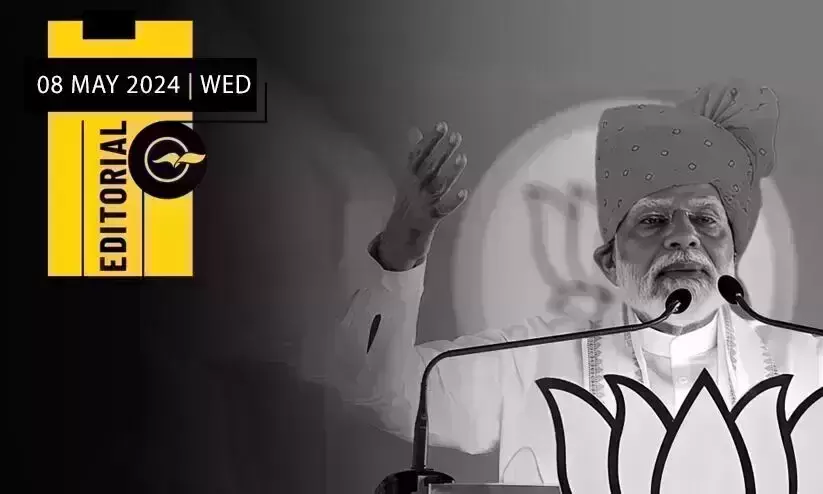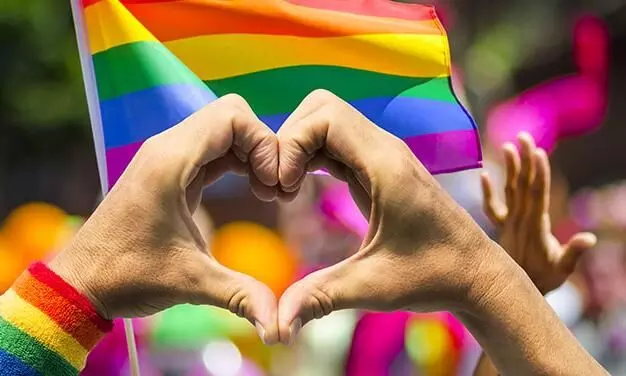
Marriage a heterogeneous institution, same-sex marriage not fit for judicial adjudication: Centre in SC
text_fieldsNew Delhi: The Indian government has once again opposed granting legal sanction to same-sex marriage, calling marriage an "exclusively heterogeneous institution". In a court hearing, the government argued that recognizing same-sex marriages would mean a virtual judicial rewriting of an entire branch of law and that the court must refrain from passing such "omnibus orders".
The application, filed on Sunday, argues that the petitions before the court reflect "urban elitist views for the purpose of social acceptance" which cannot be equated with the appropriate legislature mirroring the views and voices of a far wider spectrum of society.
This comes amidst ongoing debates about same-sex marriage in the country. While some argue that everyone should have the right to marry the person they love, regardless of their gender, others believe that marriage should be reserved for heterosexual couples only.
The government reiterated that the decision to not recognize same-sex marriage is a part of legislative policy and not a matter that should be adjudicated by the court. The government argued that there is a clear legislative policy and a compelling state interest underlying the institution of marriage as exclusively between a biological man and a biological woman. Thus, the matter is not fit for judicial intervention.
The government argues that any decision by the court in recognizing the right of same-sex marriage would entail a virtual judicial rewriting of an entire branch of law, and therefore, the matter should be left to the appropriate legislature. The application contends that any change to the fundamental social origin of marriage laws would have to come from the bottom up and through legislation, and not be compelled by judicial fiat. The hearing on this matter will begin on April 18 before a constitutional bench comprising the Chief Justice of India, Dhananjaya Y Chandrachud, and four other justices.
The court has received at least 15 petitions demanding legal recognition for same-sex marriages. These petitions challenge the constitutionality of pertinent provisions of various marriage laws, including the Hindu Marriage Act, Foreign Marriage Act, and the Special Marriage Act, on the ground that they deny same-sex couples the right to marry. The petitioners have alternatively requested the court to read these provisions broadly so as to include same-sex marriage.
In its application, the government has urged the court to decide on the maintainability of the petitions as a preliminary issue. The Centre has pointed out that the petitioners seek judicial creation of a social institution called "marriage" of a different kind than contemplated under the existing law. The government argues that the choice not to recognize same-sex marriage is a facet of legislative policy and not a dispute fit for the court to adjudicate upon, as the institution of marriage can only take place between a biological man and a biological woman.
On Tuesday, a Constitution bench of the Indian Supreme Court consisting of Chief Justice of India DY Chandrachud and Justices SK Kaul, Ravindra Bhat, Hima Kohli, and PS Narasimha will hear a group of petitions demanding legal recognition for same-sex marriages.
























